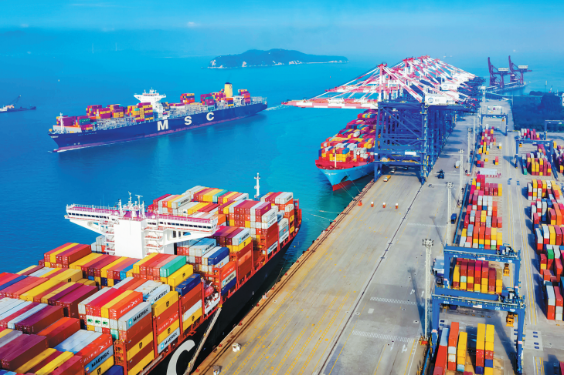When you’re sourcing products globally, the language of international trade can seem complex. Terms like “FOB” appear frequently on quotes, but what do they actually mean for your business? Understanding these terms is crucial for managing your costs, risks, and responsibilities. What is FOB shipping? This guide will provide a clear explanation of FOB Xiamen, one of the most common trade terms used when sourcing from China, ensuring you can navigate your purchasing process with confidence.
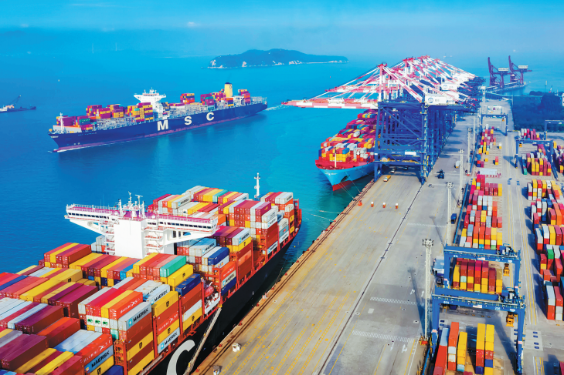
What Are Incoterms and Why Do They Matter?
Before diving into FOB, it’s important to understand the framework it belongs to.
A Brief Introduction to International Commercial Terms
What are Incoterms? Incoterms® are a set of globally recognized rules published by the International Chamber of Commerce (ICC). They define the responsibilities of sellers and buyers for the delivery of goods under sales contracts. They clarify who is responsible for what, and when that responsibility transfers.
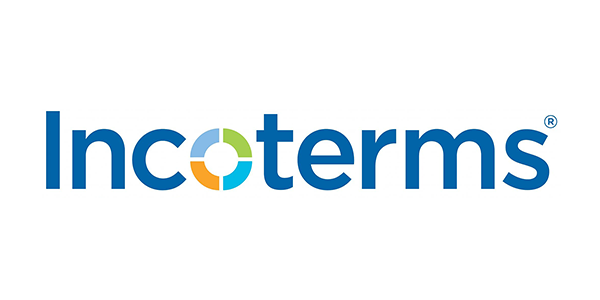
How Incoterms Define Roles in the Shipping Process
These terms dictate who pays for and manages the shipping, insurance, documentation, customs clearance, and other logistical activities. Using a specific Incoterm like FOB avoids misunderstandings and disputes between trading partners.
Deconstructing FOB: Free On Board Explained
FOB, or “Free On Board,” is one of the most widely used Incoterms. It means the seller’s responsibility ends once the goods are loaded “on board” the vessel nominated by the buyer at the named port of shipment.
The Seller’s Responsibilities (Up to the Port)
Under a FOB agreement, the seller’s responsibilities include:
- Producing the goods and packing them for export.
- Handling all Chinese export customs formalities.
- Transporting the goods to the designated port of shipment.
- Loading the goods onto the ship chosen by the buyer.
The Buyer’s Responsibilities (From the Port Onwards)
Once the goods are on the vessel, the buyer’s responsibilities begin. These include:
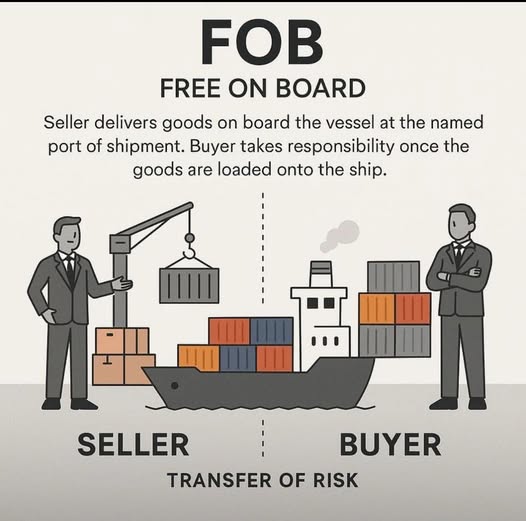
- Paying for the main sea freight from the port of origin to the destination.
- Arranging for cargo insurance.
- Handling all import customs clearance and paying duties/taxes in the destination country.
- Arranging for transportation from the destination port to the final warehouse.
The Critical Point of Risk Transfer
The risk transfer from seller to buyer occurs at a precise moment: when the goods are safely loaded on board the vessel. From that point on, the buyer is responsible for any loss or damage to the goods.
Why “Xiamen”? The Significance of the Named Port
The term FOB is always followed by a named port, such as FOB Xiamen. This specific location is a critical part of the agreement.
The Strategic Location of Xiamen Port
Xiamen Port is one of China’s largest and most efficient ports. Its strategic location on the southeast coast provides excellent global shipping connections, making it an ideal hub for international trade.
Benefits for Shipping Bags and Shoes Globally
For products like bags and shoes manufactured in the Fujian province (where Quanzhou is located), using Xiamen Port minimizes inland transportation costs and time. This efficiency translates into a smoother and more reliable FOB shipping process for our clients.
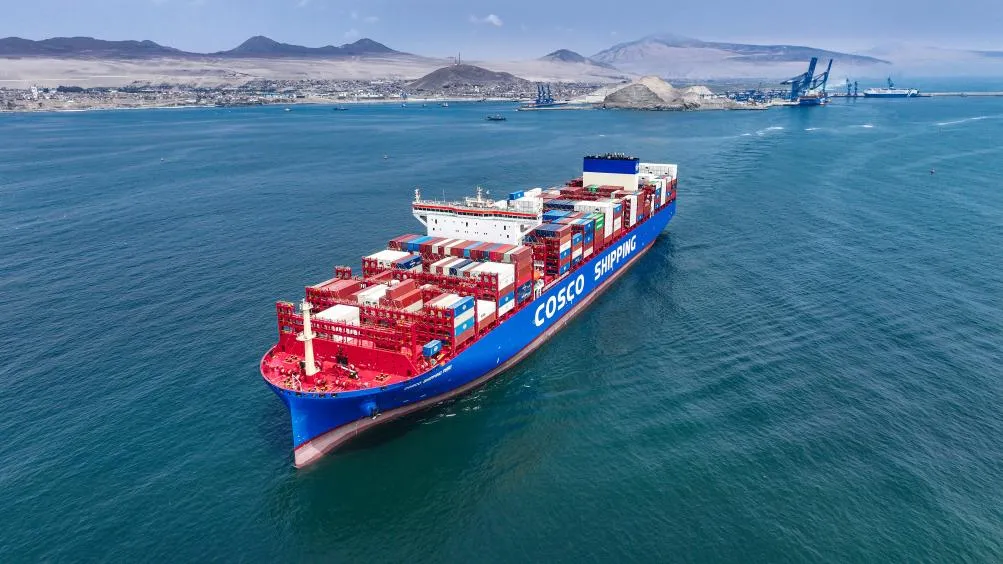
FOB vs. Other Common Incoterms (EXW, CIF)
To better understand FOB, it’s helpful to compare it with other common terms.
FOB vs. EXW (Ex Works): Who Handles Export?
Under EXW, the seller’s only job is to make the goods available at their factory. The buyer is responsible for everything else, including export customs in China. FOB vs EXW is a key distinction: FOB is often preferred by buyers as it places the responsibility of exporting on the seller, who is more familiar with the local procedures.
FOB vs. CIF (Cost, Insurance, and Freight): Who Manages Shipping?
Under CIF, the seller is responsible for paying the sea freight and arranging for minimum insurance coverage. The key difference in FOB vs CIF is control; with FOB, the buyer chooses their own shipping company (freight forwarder), giving them more control over costs and transit times.
Practical Implications for Your Sourcing Budget
Understanding FOB helps you budget accurately. Who pays for shipping FOB? The cost is split.
What Costs are Included in a FOB Xiamen Price?
The price you are quoted for FOB Xiamen includes the cost of the goods, the packaging, transportation to Xiamen Port, and the cost of loading the goods onto the vessel.
Costs You Need to Budget for Separately
As a buyer, you must budget for:
- The main ocean freight cost.
- Cargo insurance.
- Import duties, taxes, and customs brokerage fees in your country.
- Local transportation from the destination port.
Clarity in Terms, Confidence in Partnership
Clear trade terms like FOB Xiamen are the foundation of a transparent and trustworthy partnership. By understanding your responsibilities, you can plan your logistics and budget effectively, leading to a seamless sourcing experience.
Ready to work with a partner who makes international trade clear and simple? Request a transparent FOB Xiamen quote from us today.
Frequently Asked Questions About FOB Shipping
Who chooses the freight forwarder in a FOB agreement?
Who chooses the freight forwarder in a FOB agreement? The buyer. This is a key advantage of FOB, as it allows you to work with your preferred logistics partner and negotiate your own shipping rates.
Does the FOB price include Chinese export taxes?
Does the FOB price include Chinese export taxes? Yes. Under FOB terms, the seller is responsible for handling and paying for all export customs clearance and any associated taxes or fees in the country of origin.
Can I use a different Incoterm when working with you?
Can I use a different Incoterm? Of course. While FOB Xiamen is our standard and often the most balanced option for international buyers, we are flexible. We can provide quotes based on other Incoterms like EXW or CIF if that better suits your business needs. Just let our team know your preference.

